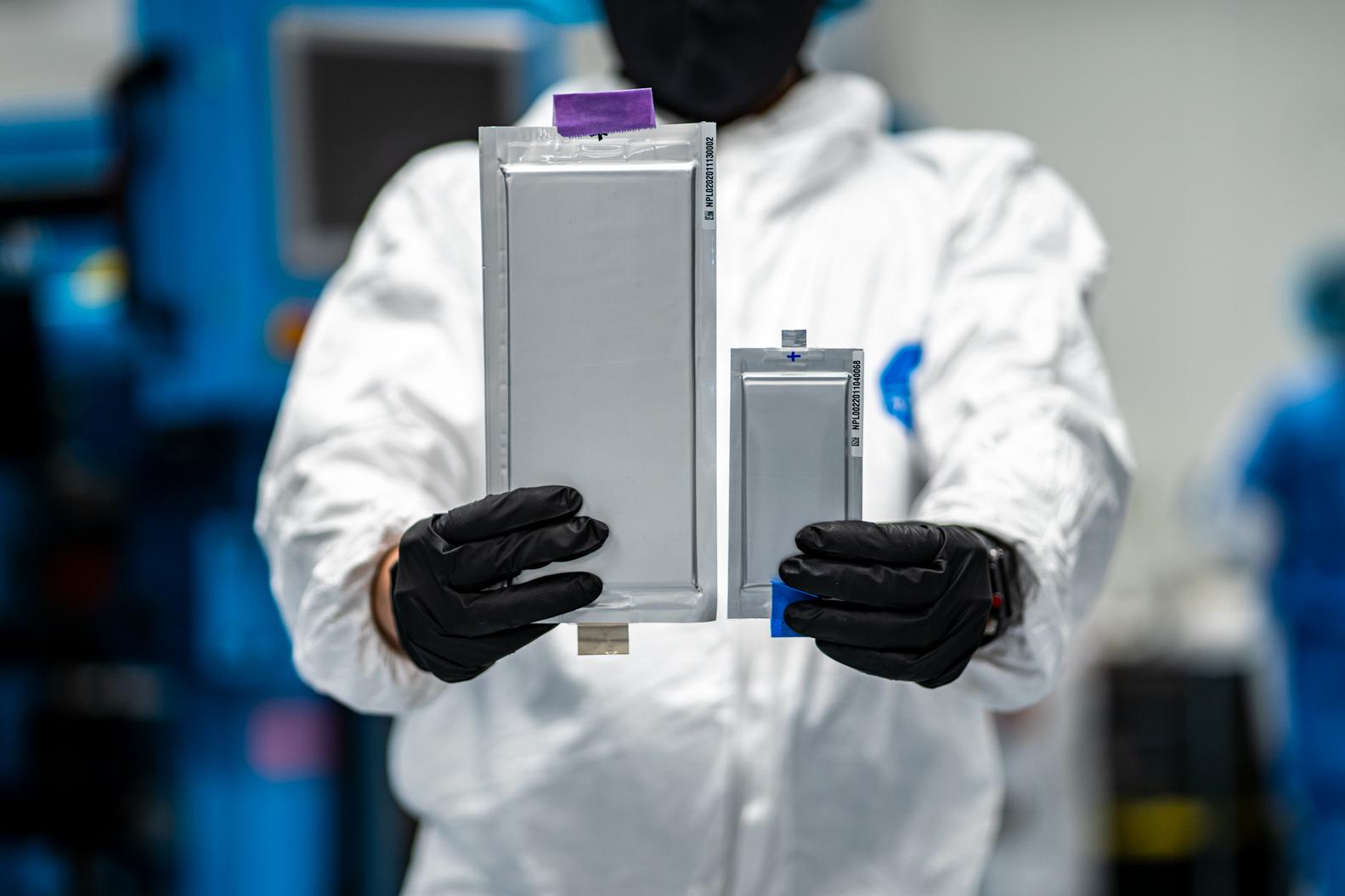
Ford and BMW are betting a Colorado startup holds the secret to a better electric car battery.
Earlier this week, Solid Power, a Colorado startup, announced a $130 million investment led by the U.S and German automakers. CEO Doug Campbell said the company will use the money to add at least 60 jobs at its Louisville headquarters by the end of next year, doubling its current workforce.
In the long term, he hopes the money could help make Colorado a permanent link in the supply chain for electric cars.
“If we can help contribute to the genesis of a little industry here all about vehicle electrification, sky’s the limit,” Campbell said.
Solid Power has won attention for its work on solid-state batteries, which store far more energy than the lithium-ion batteries inside today’s vehicles. Campbell said Solid Power’s battery cells can deliver about 50 percent more power than current industry standards — without adding any weight to a car or truck.
The improvements could help convince consumers to ditch their gas-powered cars, which scientists and policymakers see as a necessary move to blunt the full impact of climate change. Gov. Jared Polis has set a goal for nearly a million new electric cars on Colorado roads by 2030. Meanwhile, a dozen other governors have asked President Joe Biden to ban the sale of greenhouse gas-emitting cars by 2035.
Rapid improvements in solid-state batteries could help bring those goals within reach. If claims from Solid Power hold up, Ford and BMW could use the technology to improve the range and price of future electric cars. Drivers could also recharge far more quickly on long road trips.
The key to those improvements is a battery cell with a harder heart. Solid Power spun out of the University of Colorado Boulder, where researchers developed methods to remove the liquid electrolyte from lithium-ion batteries.
Se-Hee Lee and Conrad Stoldt, professors of mechanical engineering, instead used a sulfide-based ceramic to move energy across a battery. The shift in chemistry allowed for a non-flammable battery with a far higher energy density.
Since 2012, Solid Power has worked to turn those insights into something practical for the automotive industry. At its headquarters in Louisville, the company built an assembly line using a standard process for current lithium-ion batteries. It slowly improved the system to build bigger and bigger battery cells, which could be stacked into packs large enough to power a car.
Campbell said the new investment will let the company make actual car parts by early next year. Ford and BMW will use the batteries to develop and test future electric vehicles, but it’s not clear if the company will rely on Solid Power to supply battery cells for its final vehicles.
“I don’t have a crystal ball,” Campbell said. “I’ll just say I’m not going anywhere. So long as I’m the CEO, we’ll have as many Colorado-based operations as we can.”







